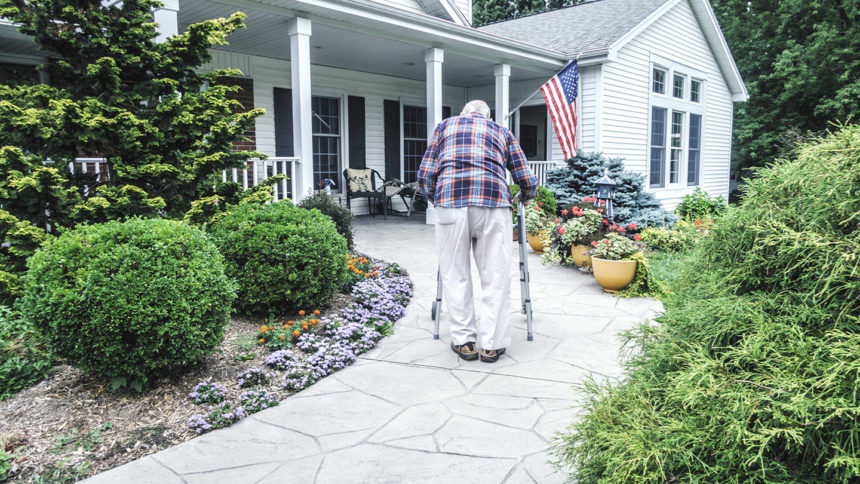
A proposed bipartisan bill would create a pilot program to expand veterans’ access to assisted living.
The “Expanding Veterans’ Options for Long Term Care Act” would create a three-year pilot program at six Veterans Integrated Services Networks, including at least two program sites in rural areas and two in state veterans homes.
Current Department of Veterans Affairs policy restricts payment of room and board fees at assisted living communities.
Veterans eligible for the pilot would include those already receiving nursing home-level care paid for by the VA and those who are eligible to receive assisted living services or nursing home care.
At the conclusion of the pilot program, participating veterans will be given the option to continue receiving assisted living services at their assigned site, paid for by the VA.
As the population of older adults, including veterans, grows over the next two decades, Disabled American Veterans National Legislative Director Joy Ilem said, the VA needs to be prepared to care for veterans and ensure that they can live as independently as possible.
“One way to accomplish this is by providing those veterans whose conditions do not rise to the level of requiring nursing home care with other long-term care options,” Ilem said in a statement. The act, she added, “would allow more veterans to continue living with respect and dignity.”
“The veteran population is aging and needs increased access to a variety of long-term care options,” Paralyzed Veterans of America’s Associate Executive Director for Government Relations Heather Ansley said. “It would help veterans and VA alike by giving greater access to assisted living and reducing costs for long-term care, allowing more veterans to receive needed assistance.”
The bill was introduced May 11 by Senate Veterans’ Affairs Committee Chairman Jon Tester (D-MO), Ranking Member Jerry Moran (R-KS) and U.S. Sen. Patty Murray (D-WA). It is supported by AARP and various veterans’ organizations.


